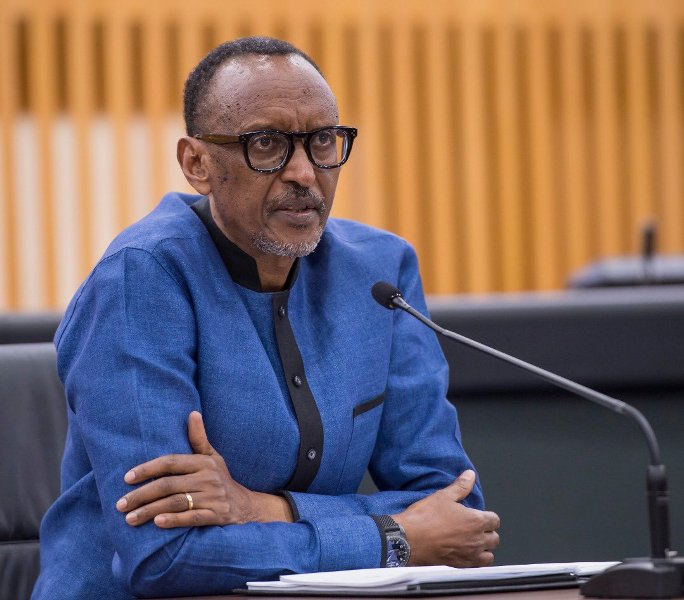Kenya’s Raila Odinga says to hold own inauguration
Kenyan opposition leader Raila Odinga on Tuesday rejected the inauguration of President Uhuru Kenyatta and vowed to hold his own swearing-in as president in two weeks time. It will be on December, 12, 2017.
“I will be sworn in because I am the legitimate president. We are going to be sworn in on December 12,” he said, comparing the ceremony to that of Zimbabwe’s new president, Emmerson Mnangagwa, who was sworn in after Robert Mugabe was forced out.
Months of acrimonious campaigns and sporadic clashes have already blunted growth in East Africa’s richest economy.
At a lavish inauguration attended by the heads of many African nations, Kenyatta did his best to paint a picture of a country moving beyond that divide.
“The elections are now firmly behind us, I will devote my time and energy to build bridges,” he told a rapturous crowd as he was sworn in for a second, five-year term in a sports stadium in the capital,Nairobi.
But, he warned, Kenyans needed to “free ourselves from the baggage of past grievances, and keep to the rule of law”.
Such words may ring hollow to citizens accustomed to the government ignoring detailed reports on corruption from the country’s auditor-general and documentation of hundreds of extrajudicial police killings every year from human rights groups.
Last year, Kenyatta angered many Kenyans by saying he wanted to tackle corruption but his “hands are tied”. His government has also promised to improve police accountability, but an independent watchdog has only ever managed convict two officers of murder despite thousands of brutality complaints.
Kenyatta won a repeat presidential election on Oct. 26 that was boycotted by Odinga, who said it would not be free and fair. The Supreme Court nullified the first presidential election, in August, over irregularities.
Supporters of Kenyatta who won the October poll 98 percent of the vote after Odinga`s boycott – want the opposition to engage in talks and move on.
But Odinga`s supporters see such talk of unity as tantamount to surrender. Many of them are drawn from poorer parts of the country, and feel angered because they say they are locked out of power and the patronage it brings.
DN

